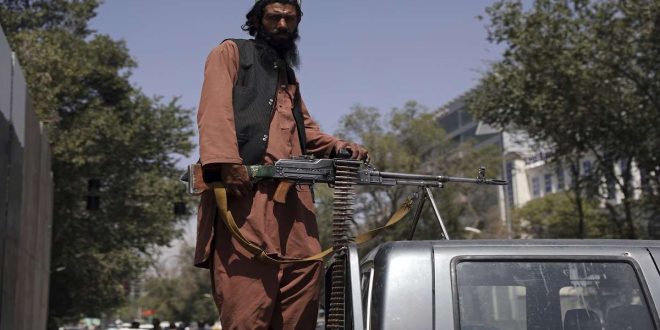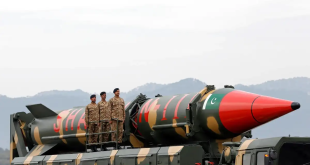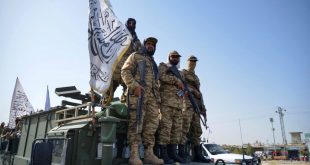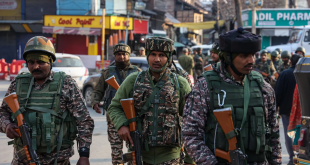AT News
KABUL – Governments of Pakistan and Afghanistan have been urged to initiate fresh talks to address the deadly resurgence of the Tehreek-i-Taliban Pakistan (TTP) amid a surge in its terror attacks. Addressing a gathering, Afghan and Pakistan experts and analysts stressed the need for renewed Afghan-Pak negotiations to foster cooperation and understanding between the two nations to tame the TTP menace.
The gathering was held under the banner of ‘Afghan peace and reconciliation: Pakistan’s interests and policy options,’ by the Pak Institute for Peace Studies (PIPS). The consultation focused on critical themes such as the escalating threat posed by groups like TTP and IS-K (Islamic State Khorasan) and the central role of TTP in souring Pak-Afghan ties.
Among the speakers, prominent political analyst Afrasiab Khattak contended that Pakistan’s existing Afghanistan policy is deeply flawed and serves as the underlying cause of diplomatic challenges. He said a comprehensive and realistic policy must be adopted towards Afghanistan.
Khattak’s appeal was echoed by other participants including academics, politicians, journalists, religious scholars, and experts from both Pakistan and Afghanistan. The consensus was that a pragmatic and holistic policy must be devised to guide the bilateral relationship. They also underlined the significance of steering clear of confrontational rhetoric, especially when engaging with the interim government of the Taliban. Negotiations were seen as the preferred approach, with the involvement of religious scholars, or ulema, seen as pivotal. Furthermore, there were suggestions for fostering direct discussions between local religious scholars, Pashtun leadership, and Afghan Taliban representatives to address various outstanding issues, including the TTP challenge.
It was acknowledged that the issue of TTP has emerged as a fundamental obstacle to harmonious relations between the two nations. This deadlock is expected to persist unless both sides collaborate to find a viable solution. To this end, a strategic effort to weaken TTP was considered imperative.
Regarding women’s rights in Afghanistan, the gathering expressed concerns about the Taliban regime’s denial of education and employment opportunities. The plight of Afghan women and girls was deemed dire under the present government, with limited avenues for development and progress.
The gathering emphasized the urgency of recalibrating Pakistan’s policy towards Afghanistan. The insights shared by experts and stakeholders underscored the importance of fostering genuine dialogue, cooperation, and understanding to address the multifaceted challenges in the region. This recalibration, as emphasized by Afrasiab Khattak, should be rooted in a comprehensive and well-informed policy framework that seeks to promote stability, peace, and prosperity.
 Afghanistan Times
Afghanistan Times




